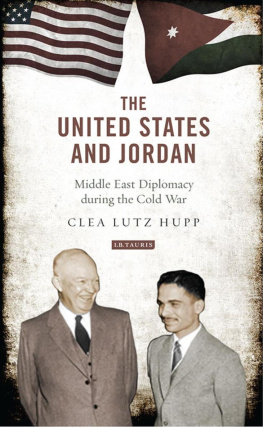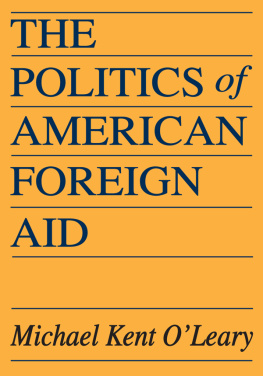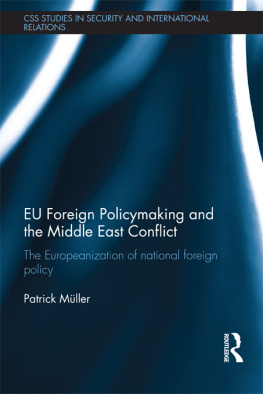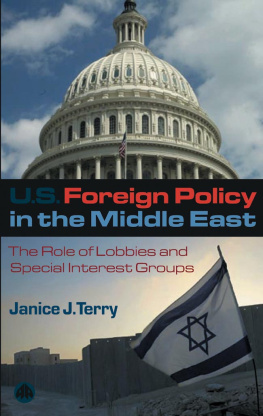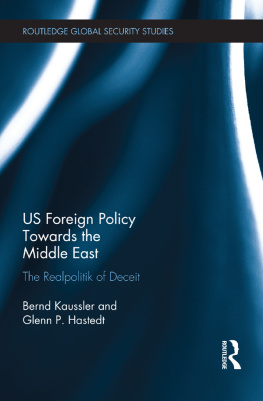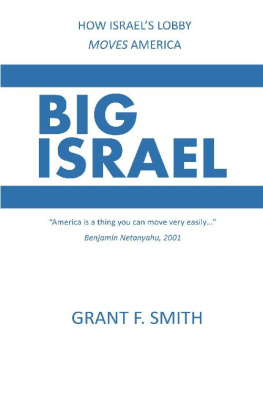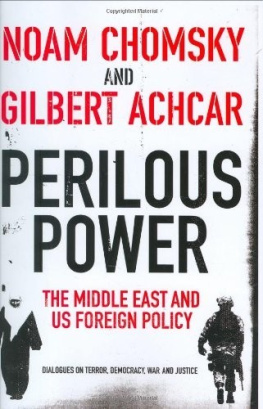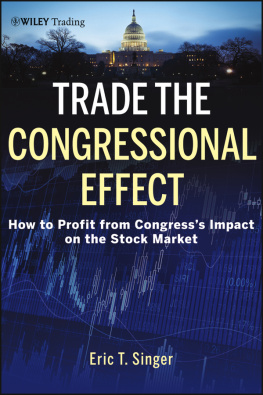Copyright 2015 by Kirk J. Beattie
A SEVEN STORIES PRESS FIRST EDITION
All rights reserved. No part of this book may be reproduced, stored in a retrieval system, or transmitted in any form or by any means, including mechanical, electronic, photocopying, recording, or otherwise, without the prior written permission of the publisher.
Seven Stories Press
140 Watts Street
New York, NY 10013
sevenstories.com
Library of Congress Cataloging-in-Publication Data
Beattie, Kirk J.
Congress and the shaping of the Middle East / Kirk Beattie.
pages cm
ISBN 978-1-60980-561-6 (hardback)
1. United States. Congress. 2. Pressure groupsUnited States. 3. United StatesForeign rela-tionsMiddle East. 4. Middle EastForeign relationsUnited States. I. Title.
JK1021.B43 2015
327.73056dc23
2015004643
Printed in the United States of America
9 8 7 6 5 4 3 2 1
I dedicate this book to my loving and supportive wife,Elizabeth Hagge Beattie, and my wonderful daughters, Zoe and Taya.
CONTENTS
b
ACKNOWLEDGMENTS
Research and writing for this book was spread out over nearly ten years. My primary method of investigation was that of personal interviews, as detailed in the book. I have many people I need to thank for their assistance with this book, but my first thoughts go to all of the Senate and House staffers who granted me some of their precious time. To garner honest and illuminating responses, I had to guarantee these interviewees complete anonymity. I only wish that circumstances enabled me to thank the staffers by name, especially those who demonstrated keen insight and allowed me to return to them for follow-up conversations. I also wish to thank the handful of congresspersons with whom I conducted interviews, especially former congresspersons Sen. Lincoln Chafee (Rhode Island), Rep. Marty Meehan (Massachusetts), and Rep. David Obey (Wisconsin). Two other current House members requested anonymity.
Numerous interviewees at off-the-Hill lobby shops or Middle Eastfocused organizations were particularly helpful. They included past and present directors and/or staff at Americans for Peace Now, especially Lara Friedman; M.J. Rosenberg, while he was at the Israel Policy Forum; Kate Gould at the Friends Council on National Legislation; James Zogby and two aides at the Arab-American Institute; former Amb. Warren Clark and others at Churches for Middle East Peace; Janet McMahon, former Amb. Richard Curtiss, and former Amb. Andrew Killgore, all at the Washington Report on Middle East Affairs; Mary Rose Oakar, Christine Gleichert, and Raed Jarrar of the American-Arab Anti-Discrimination Committee; Todd Deatherage at the Telos Group; Amb. Philip Wilcox at the Middle East Initiative; Clayton Swisher, then director of the Middle East Institute; Rob Levy at Brit Tzedek vShalom; George R. Salem, lawyer and D.C. political consultant; a J Street staffer who preferred anonymity; the Washington, D.C., office directors of the United Nations Relief and Works Agency; Jerry Madison, aide to Rep. Obey; and longtime friends and Middle East NGO hands John Viste and
Elaine Strite. Former State Department official Aaron David Miller also gra-ciously shared his views with me, as did former congressional staffers David Dumke, Michael H. van Dusen, and Ellison M. Heath. I would also like to thank the former ambassadors of Egypt and Syria, the director of the Pales-tinian Authority office in Washington, D.C., and the political consul at the embassy of Iraq in Washington, D.C., for their assistance. Several individuals helped me with the collection of information, such as former Simmons stu-dents Megan Conlin and Amanda Skuldt. Many thanks to Kristin Hagge for the steady supply of articles and information over the years; and to Dr. Youssef Cohen for his thoughtful observations; and kudos to Dr. Andrew Brown and my Simmons College colleague Dr. Benjamin Cole for assistance with methodological concerns. I am also very grateful to Dr. Stephen Walt for reading the manuscript and providing feedback. I am also heavily indebted to the veteran staffers who, collectively, vetted all of the chapters of this book and provided insightful feedback, especially to the anonymous senior staffer who provided valuable commentary on matters relating to Appropriations, and two other former senior staffers for their comments on numerous chap-ters of the book. Due to the highly conflictual nature of this issue area, I want to state that I requested an interview with any representative of the American Israel Political Affairs Committee in 2006. I did not receive a response. Given their reputation for efficiency and professionalism, I elected not to call again.
At Seven Stories Press, thanks to former publicity manager Anne Rumberger, who first took an interest in the book. And very special thanks to my editor and publisher at Seven Stories Press, Dan Simon, who exhibited great patience, skill, and keen insight in guiding me to the finish line with this book. Thanks also to the other members of the Seven Stories team who each contributed in important ways, especially copy editor Ben Rowen, managing editor Liz DeLong, editors Jesse Ruddock and Lauren Hooker, art director Stewart Cauley, and, in the publicity department, publicity director Ruth Weiner and senior publicist Ian Dreiblatt. All errors of commission and omis-sion are mine and mine alone.
PROLOGUE
Events of great significance have occurred since the first full draft of this manuscript was sent to the publisher roughly midway through 2014. The IsraelPalestine conflict erupted in the summer of 2014, once again pro-ducing widespread death, dislocation, and destruction. Just months later, in November 2014, American voters went to the polls for a new round of congressional elections. The Republicans registered a resounding victory, acquiring control of both chambers of Congress. Emboldened by their lopsided victory, they went on the offensive, challenging Pres. Obama on numerous fronts.
Nowhere was congressional contestation of executive branch policy any greater than on matters relating to US Mideast policy. Beginning in December, Republican hawks spoke in shrill voices, threatening to cut aid to the Palestinians and/or the UN should the Palestinians either be granted statehood or permitted to join the International Criminal Court. Within months, they invited Israeli Prime Minister Benjamin Netanyahu to speak before a joint session of Congress on March 3, 2015, providing Netanyahu with the opportunity to decry Pres. Obamas effortsmade in concert with British, Chinese, French, German, and Russian officialsto strike an accord with the Iranian regime over its nuclear program, a deal designed to block Irans development of a nuclear weapons capability. The invitation, not to mention Netanyahus speech, caused great rancor among US congresspersons, including criticism by some of Israels staunchest lifelong supporters, who denounced Republican leaders for what they saw as a blatant attempt to politicize US foreign policymaking and undermine Pres. Obamas diplomacy. Netanyahus hardline speech before Congress, in addition to his March 16 announcement rejecting the establishment of a Palestinian state, contributed to his surprise victory in Israels election on March 17, a win that seemingly crushed all hopes of resolving the IsraeliPalestinian conflict in the near future.
Meanwhile, before any agreement with Iran was hammered out, some forty-seven US senators took the extraordinary measure of penning a letter to Irans leaders, forewarning them that any deal struck by Obama and his foreign allies would meet with fierce opposition from Congress. The acrimo-nious relationship between the American president and his own Congress was played out under the klieg lights of global media. It highlighted the strong bond between many members of Congress and Israel, the power many members of Congress possess to obstruct presidential foreign policymaking, and those congresspersons willingness to exercise that power when it comes to matters affecting the Middle East. In short, all of these points serve to reinforce the value of arriving at a deeper understanding of Congress, and what motivates the behavior of US congresspersons who are shaping US Mideast policy.

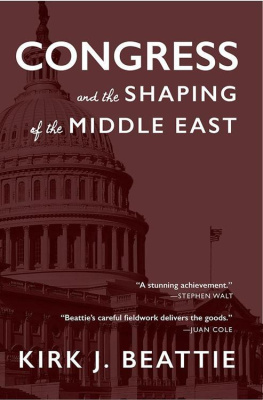


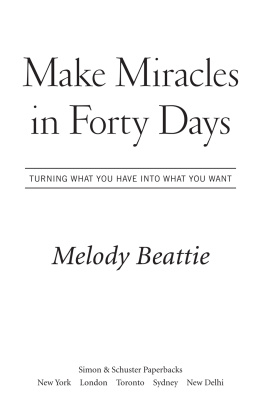
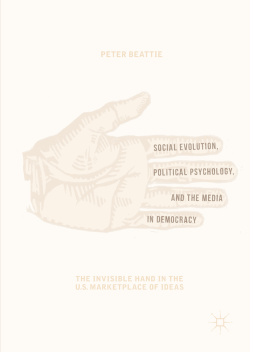
![Beattie - Melody Beattie bundle: [a collection of four Melody Beattie best sellers]](/uploads/posts/book/249274/thumbs/beattie-melody-beattie-bundle-a-collection-of.jpg)
